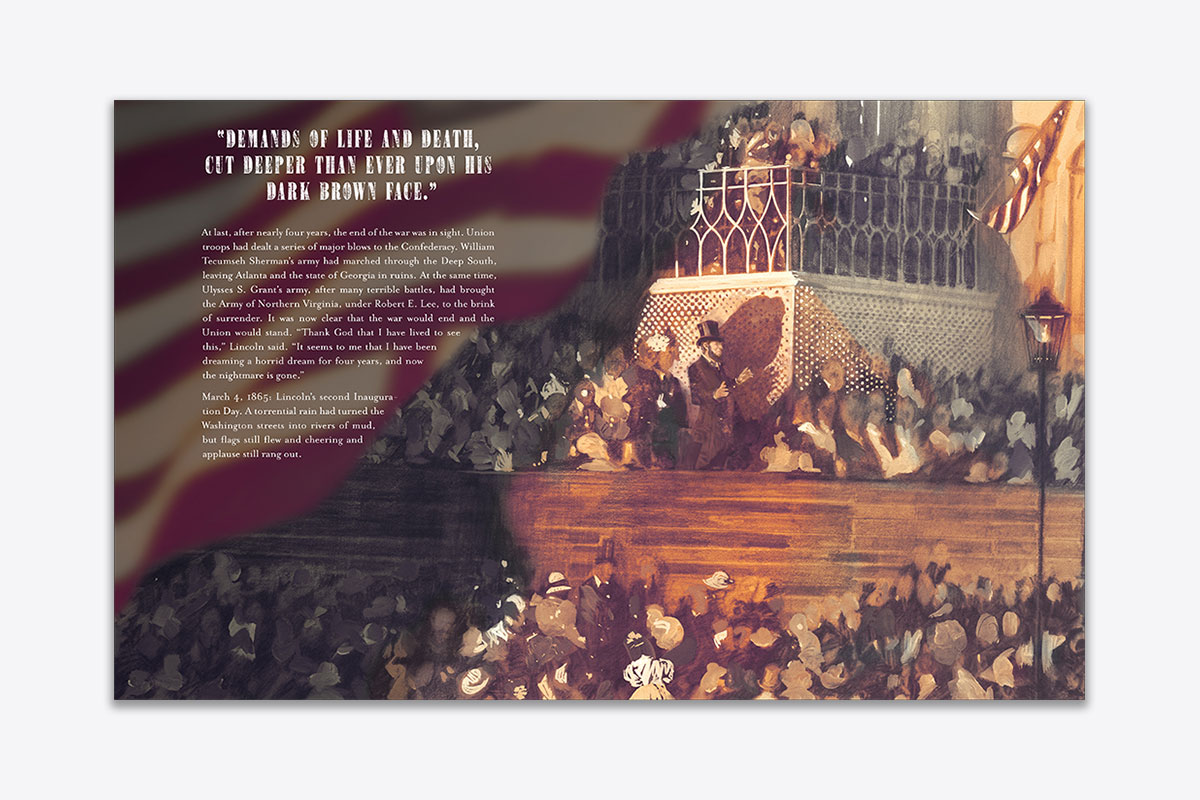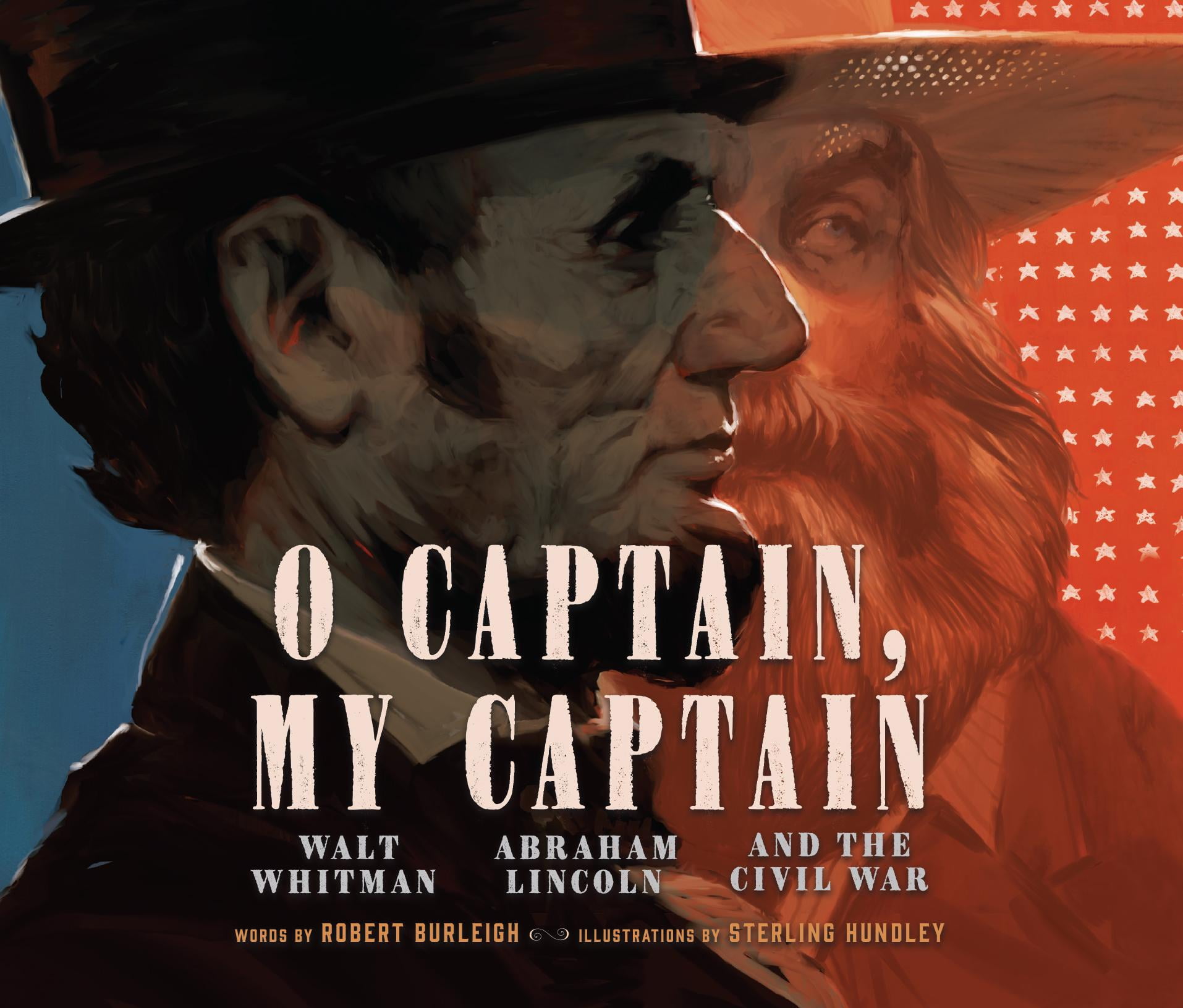
The "Critical Overview" section is particularly comprehensive, including excerpts from the work of several prominent critics. An extensive introduction to the poem and its context. Watch a famous scene from the film Dead Poets Society in which students recite the beginning of the poem for their teacher, played by Robin Williams.Į Entry on "O Captain! My Captain!" "O Captain! My Captain!" remains a staple of the American school curriculum and appears frequently in popular culture. O Captain my Captain our fearful trip is done, The ship has weather’d every rack, the prize we sought is won, The port is near, the bells I hear, the people all exulting, While follow eyes the steady keel, the vessel grim and daring But O heart heart heart O the bleeding drops of red, Where on the deck my Captain lies, Fallen cold and dead. This resource from the National Portrait Gallery dives in to the relationship between Walt Whitman and the subject of his elegy, President Abraham Lincoln. Two Worlds of Mourning: Walt Whitman and Abraham Lincoln’s Death Although it is an academic lecture, it is written in an accessible style. This is the text of a lecture by Professor Helen Vendler, a famous authority on American and British poetry. Poetry and the Mediation of Value: Whitman on Lincoln
O CAPTIN MY CSATPIN FREE
For audio recordings of the poem, check out the free downloadable selection from LibriVox. More “O Captain! My Captain!” Resources.Theme: When reaching your goals, sacrifices are made, but the shouldn't be sacrificed in vain.1O Captain! my Captain! our fearful trip is done,ĢThe ship has weather’d every rack, the prize we sought is won,ģThe port is near, the bells I hear, the people all exulting,ĤWhile follow eyes the steady keel, the vessel grim and daring ĩO Captain! my Captain! rise up and hear the bells ġ0Rise up-for you the flag is flung-for you the bugle trills,ġ1For you bouquets and ribbon’d wreaths-for you the shores a-crowding,ġ2For you they call, the swaying mass, their eager faces turning ġ7My Captain does not answer, his lips are pale and still,ġ8My father does not feel my arm, he has no pulse nor will,ġ9The ship is anchor’d safe and sound, its voyage closed and done,Ģ0From fearful trip the victor ship comes in with object won It holds and represents the sadness displayed in the poem. Title: The title is a lament, a cry of sorrow. It isn't until after the shift that he realizes the captain is dead. Shifts: represents The speaker is in denial in the beginning of the poem and doesn't believe that he is actually dead. It also is a bit contradictory in the sense that everyone around the speaker is rejoicing and celebrating while he is upset that his captain is unable to join the crew in their happiness.

The whole poem is in fact a metaphor where Lincoln in the captain.Īttitude: The speaker is in mourning for his captain, which is reflected in the mood. Now the ship is anchored and its mission won, and while the land celebrates, I will walk mournfully on this deck where my captain has fallen dead.Ĭonnotation: Walt Whitman wrote this shortly after Abraham Lincoln died, describing how he thought of him as the father of our nation and when the poem says that the prize is won, it is referring to the freedom of the slaves and the unity of the north and south. TheĬaptain does not answer, he has no heartbeat or pulse. Oh Captain! Rise and hear the people cheering and rejoicing for you! Here Captain! I hope I this is a dream, that you are dead on this deck. Our destination isĬlose, and people anticipate our coming with joy, watching the ship come near, but oh heart! I look where my beloved captain lays cold and dead.

Oh Captain! Our Journey is done, its goal achieved.

It may be referring to an actual captain, or may be metaphorically referring to someone else. The title is also part of the first line of the poem, and is repeated in the fifth line of the poem as well.


 0 kommentar(er)
0 kommentar(er)
